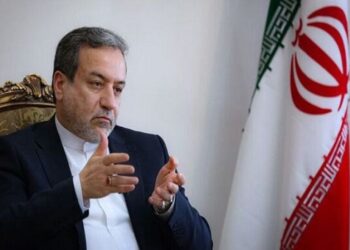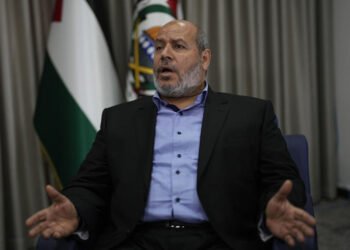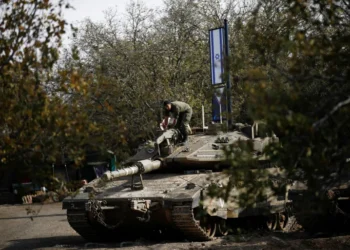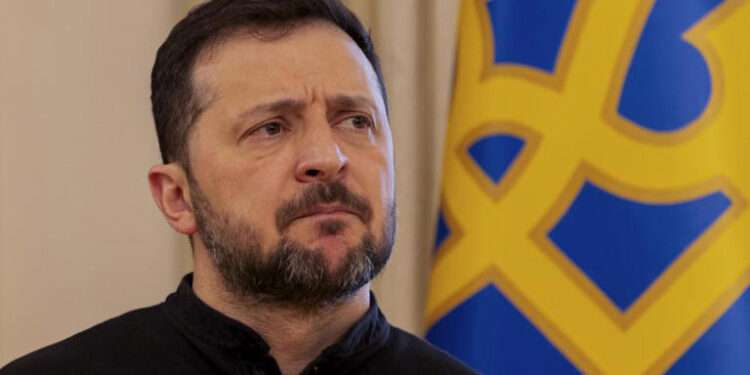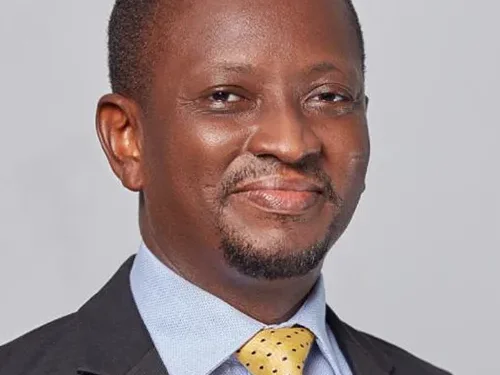The International Court of Justice (ICJ) is slated to begin hearing into South Africa’s genocide case against Israel today, Thursday, January 11, 2024, at 09:00 GMT.
Both sides’ legal teams will have the same time to make their case, approximately three hours.
South Africa will be first, presenting its case on Thursday and then Israel responding on Friday.
Judgment will be reserved until a later date, but could come within weeks.
South Africa, which has brought the case, is asking the UN court to act urgently “to protect against further, severe and irreparable harm to the rights of the Palestinian people under the genocide convention, which continues to be violated with impunity.”
In its application to the ICJ to open proceedings, South Africa said: “The acts and omissions by Israel complained of by South Africa are genocidal in character because they are intended to bring about the destruction of a substantial part of the Palestinian national, racial and ethnical group.”
Genocide cases, which are notoriously hard to prove, can take years to resolve, but South Africa is asking the court to speedily implement “provisional measures” and “order Israel to cease killing and causing serious mental and bodily harm to Palestinian people in Gaza.”
The filing also says Israel should cease deliberately inflicting conditions calculated to bring about the destruction of the Palestinians as a group, be ordered to prevent and punish incitement to genocide, and halt restrictions on aid as well as evacuation directives.
Ahead of the ICJ hearing, Israeli Prime Minister, Benjamin Netanyahu said that he has no intention of permanently occupying the Gaza Strip or expelling the civilian population.
“Israel is fighting Hamas terrorists, not the Palestinian population, and we are doing so in full compliance with international law,” Netanyahu said in a video statement on Wednesday evening.
Since it launched its ground invasion of Gaza, Israel has forced thousands of Palestinians in the besieged enclave to move south near the border with Egypt.
A number of Israeli politicians have also repeatedly called for the expulsion of Palestinians from Gaza, with some reports saying Israel has been in talks with African countries to take in those forcibly removed.
A Very Important Legal Case
Barry Trachtenberg, a historian and professor of Jewish History at Wake Forest University in the US, opined that although it remains uncertain whether the ICJ will hold Israel legally accountable, the case is a very important one.
Trachtenberg said that the case puts Israel on notice that it is accused of genocide, which, as a signatory to the 1948 UN Convention on Genocide, Israel has a legal responsibility, and an obvious moral one, to prevent and not to inflict it.
He added that “if we can help save the lives of Palestinian civilians through these legal means, by all means we must try”.
Any such provisional measures by the ICJ this week would put the entire international community on notice that there is a “serious risk of genocide” in Palestine, creating an independent and extraterritorial legal obligation on all states to prevent genocide, in any way within a particular state’s capacity to influence, and this could have far-reaching diplomatic implications.
While any rulings by the ICJ may have little bearing on the war itself, one in favour of South Africa and the Palestinians would pile significant pressure on Israel’s number one supporter; the US.
The ICJ cannot enforce its decisions and it is possible that Israel could ignore an adverse judgment and continue its assault, but that would only fuel further international condemnation of its military campaign.
Under Article 94(2) of the UN Charter, the UN Security Council can “decide upon measures to be taken to give effect to the judgement” in order to ensure compliance but would require the US and the UK to refrain from using their veto at the UNSC.
READ ALSO: The Youth Manifesto “Votes” For Jobs




